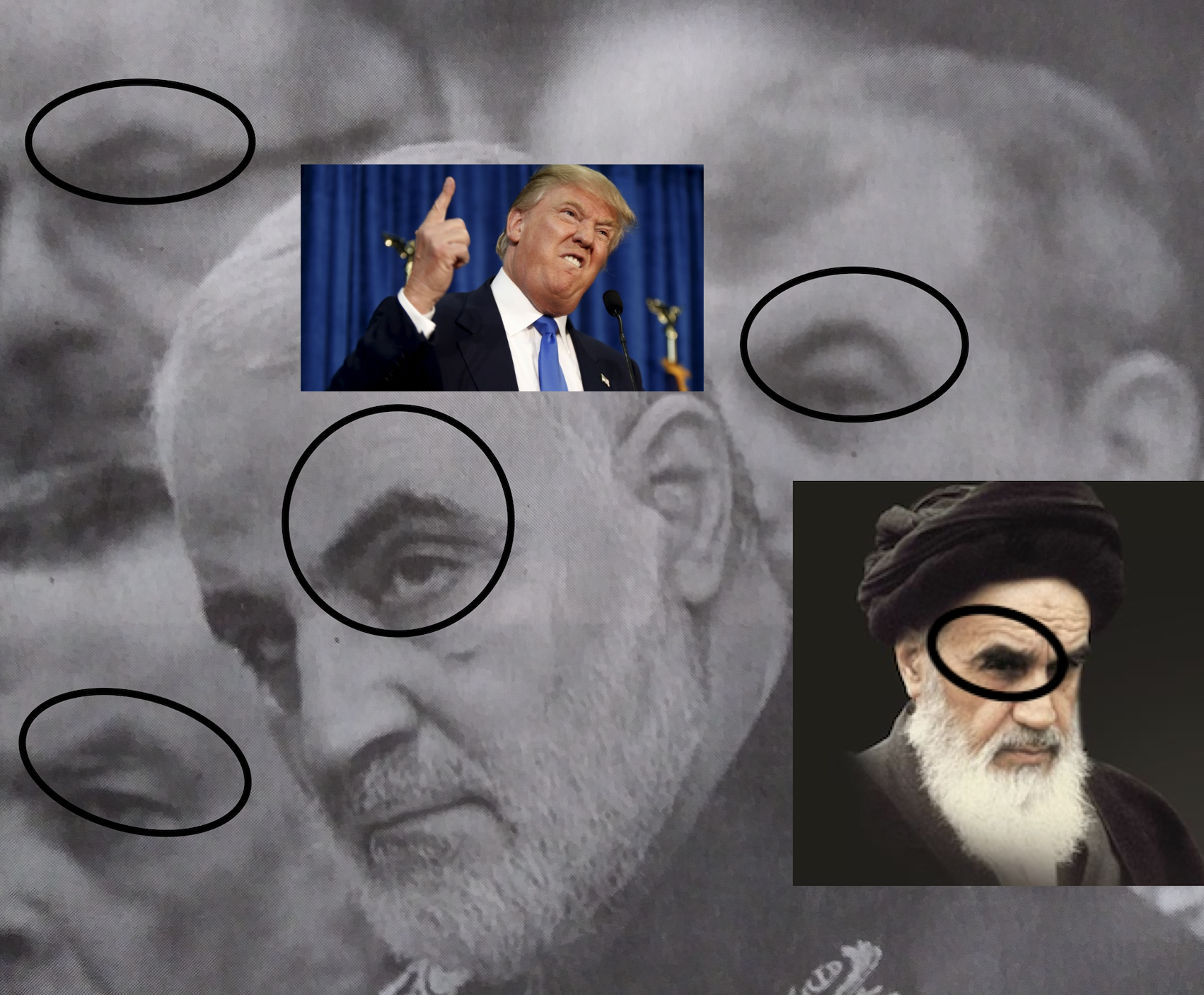JANUARY 5, 2020 – We aren’t the only ones to have mucked up the Middle East. First prize goes to Britain, but Russia, the Ottomans, and the French also starring roles in the historical muck-up. Yet don’t forget the locals themselves, whose tribal and internecine religious rivalries have created ample havoc apart from the influence of outside powers.
Oil is only one factor, and wasn’t even the original source of strife. Britain wanted “safe passage” to its crown jewel colony, India, and Russia longed for warm-water ports, thus giving rise to the “Great Game” between those former great powers. Then came the Jewish migration into Palestine, thanks not only to ancient historical connections, but to rampant anti-Semitism in Europe.
The foregoing factors created cross-cutting minefields, but the U.S. made things worse by supporting the Shah of Iran, then tacitly supporting Saddam Hussein in his eight-year war against Iran; followed by deposing Saddam Hussein on what turned out to be false pretenses; supporting Iran’s repressive arch-rival, Saudi Arabia; backing regime-change in Libya, watched closely by Bashar al-Assad in Syria, who concluded that only horrifically brutal repression (with aid from Iran and Russia) could save his skin.
Yet, to withdraw precipitously in penance for all that we got wrong would create vacuums that really bad stuff would fill. And lest we forget, it was an American president who got Egypt, at 97 million, the largest country in the Middle East, to recognize Israel. It was another American president who negotiated a nuclear power containment treaty with Iran, which, until the Trump era, was being honored by Iran. These rare accomplishments came only because the U.S. had leverage and deployed it.
American policy in the Middle East is not for beginners and certainly not for an impulsive simpleton as Commander in Chief, who wouldn’t know a pawn from a bishop on a conventional chess board, let alone today’s friend from tomorrow’s foe on a multi-dimensional chess board. (Of course, if the take-out of Sulemani was part of Trump’s impeachment defense strategy, this is all a ghastly middle of the end of America as we once thought we knew it.)
No elected federal official or political appointee responsible for American policy in the Middle East should take one step, state a single position, approve any bill, order, or directive, without an understanding of the history of the region. A good place to start would be, A Peace to End All Peace: The Fall of the Ottoman Empire and the Creation of the Modern Middle East by David Fromkin.
As most pundits have observed, we’re in for interesting times—and that’s not taking into account the near-term adverse effects of climate change on access to food and water for some 415 million people in the Middle East.
I gulp when I consider Persians with sharp eyebrows plotting against our callow cowboy. And I despair over how many American voters lack the judgment to see that our callow cowboy has disastrously poor judgment.
This will not end well.
(Remember to subscribe to this blog and receive notifications of new posts by email.)
© 2020 Eric Nilsson
